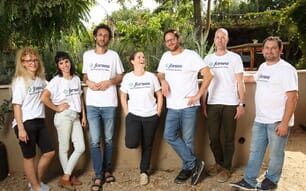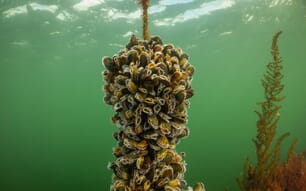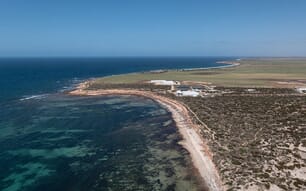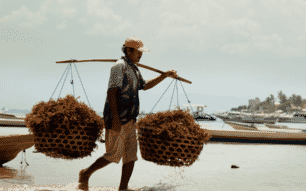Secretary Proceso Alcala recently met with domestic players to discuss initial plans on how to further develop the glass eel industry in the country amidst the dwindling supply of Anguilla japonica, the preferred eel variety in Japan and South Korea.
Dr Apolinario Yambot, Dean of the Central Luzon State University-College of Fisheries said that Japan and South Korea are counting on tropical eel as substitute for the japonica species.
Eel growers present in the meeting said that the country could grow glass eels year-round, unlike in temperate countries. Eel growers in the country, however, cannot export to said countries because they require large volumes for eel imports. Currently, China provides the biggest export volumes for glass eel and Indonesia is also a big competitor.
The industry representatives expressed their aim of forming an association for them to work together to meet the required volumes for export.
Supporting the idea, Mr Alcala instructed Undersecretary for Fisheries and Bureau of Fisheries & Aquatic Resources (BFAR) national director Asis Perez to assign a focal person in BFAR to oversee the formation of an organisation.
Mr Perez suggested that an eel forum to be attended by various stakeholders, including indigenous peoples (IPs) who consume eels as protein source, shall be conducted where the organisation can be officially formed.
“We have conducted forums and congresses per commodity, for example on tuna, shrimp and milkfish (bangus), so we can do a similar activity for eel to set the direction of the industry,” Mr Perez said.
Mr Perez also emphasised that the country should take full advantage of this biological resource.
“This is business for us. It can also provide livelihood opportunities to IPs in Mindanao,” Mr Perez said.
Mr Alcala stressed that further research and development programs are needed, and a roadmap for the eel industry in the country should be developed.
“It is good that scientific studies were already conducted but we have to look also on the policy and business side. We need to have a comprehensive study on the industry,” Mr Alcala added.




